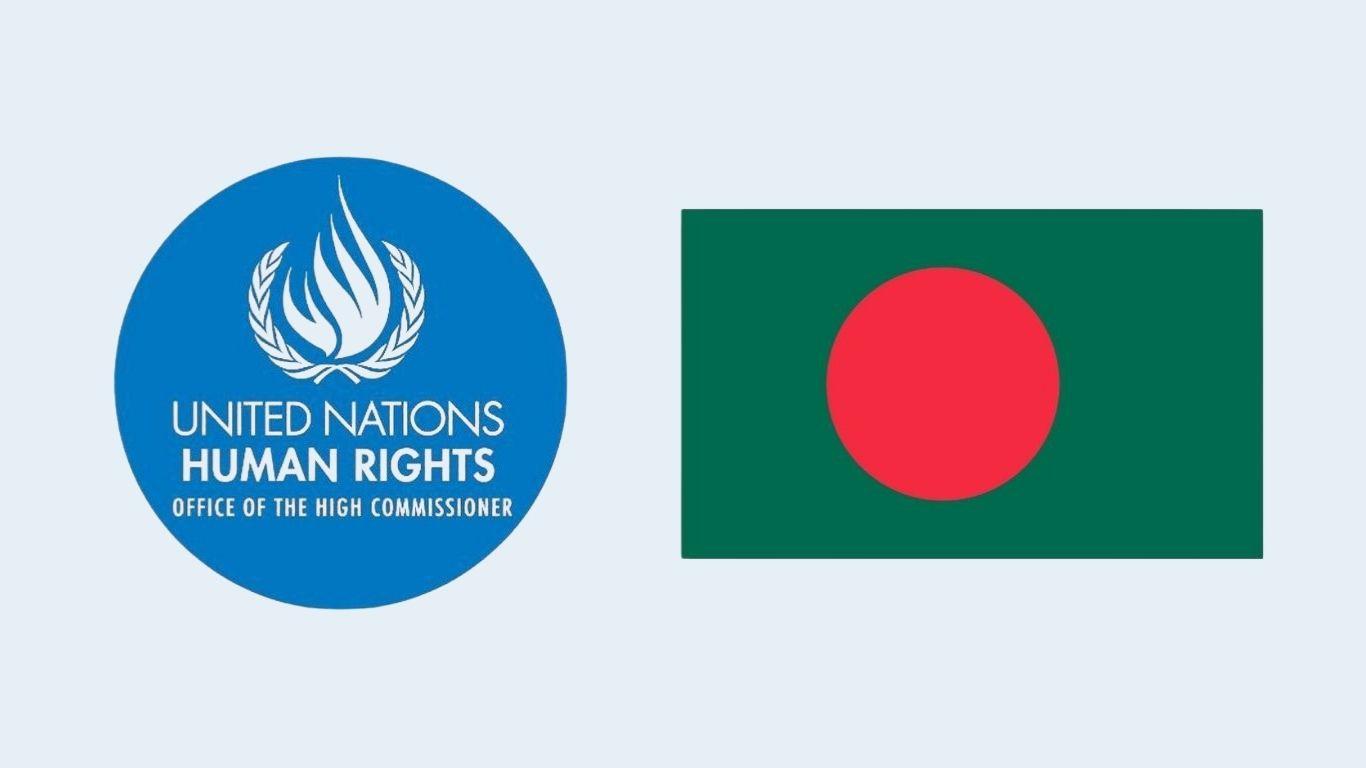Diplomatic Correspondent
Published:2025-07-19 20:20:32 BdST
UN, BD sign deal to open human rights mission in Dhaka
In a major development, the UN Human Rights Office and the Government of Bangladesh have signed a three-year Memorandum of Understanding to open a mission in the country to support the promotion and protection of human rights.
The agreement, signed by UN High Commissioner Volker Türk and Foreign Secretary Asad Alam Siam this week in Geneva, signals a pivotal shift in international engagement, reads a press release of the UN issued in Geneva on Friday.
Since last August, the UN Human Rights Office’s engagement with Bangladesh has significantly increased. The Office has been working with various stakeholders in advancing human rights reforms and conducting a comprehensive fact-finding inquiry into deadly repression of mass protests.
“The signing of this memorandum sends an important message of the country’s commitment to human rights as a cornerstone of the transition,” said Türk.
“It will enable my Office to better support implementation of the recommendations made in our fact-finding report, as well as to engage directly on the ground with the Government, civil society and others with our expertise and assistance on the fundamental reforms Bangladesh is undertaking going forward.”
The new mission will offer training and technical assistance to the authorities across a range of areas, towards meeting the country’s national and international human rights commitments, as well as undertake capacity-building for government institutions and civil society actors.
Bangladesh remains haunted by years of enforced disappearances, extrajudicial killings and systematic crackdowns under the 15‑year rule of the Awami League. From 2009–2023, rights group Odhikar recorded nearly 677 enforced disappearances and 2,699 extrajudicial killings.
The situation escalated during the 2024 "July Revolution," a month-long student-led uprising triggered by the reinstatement of government job quotas.
Security forces—including police, Rapid Action Battalion and ruling-party activists—responded with lethal force.
The UN's fact‑finding mission later confirmed at least 1,400 deaths, thousands of injuries, arbitrary detentions, torture and enforced disappearances—some possibly rising to crimes against humanity.
The protests forced Sheikh Hasina from power on 5 August 2024, and ushered in an interim government led by Nobel laureate Muhammad Yunus, sworn in on 8 August 2024.
The new administration quickly pledged to establish a commission of inquiry, disband secret detention centres like Aynaghar, and seek UN assistance.
On 29 August 2024, the Yunus-led interim government also signed the UN convention against enforced disappearances.
But abuses persist: Reports since early 2025 accuse the Yunus government of extrajudicial killings, custodial deaths, and mass arbitrary arrests under “Operation Devil Hunt”.
Unauthorized use or reproduction of The Finance Today content for commercial purposes is strictly prohibited.


